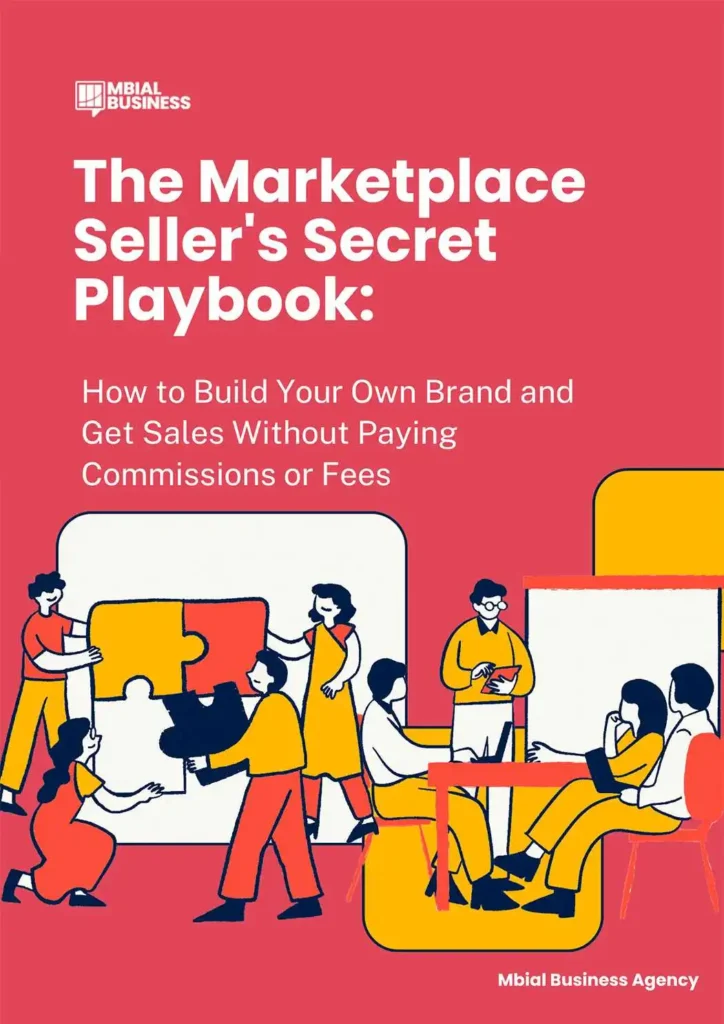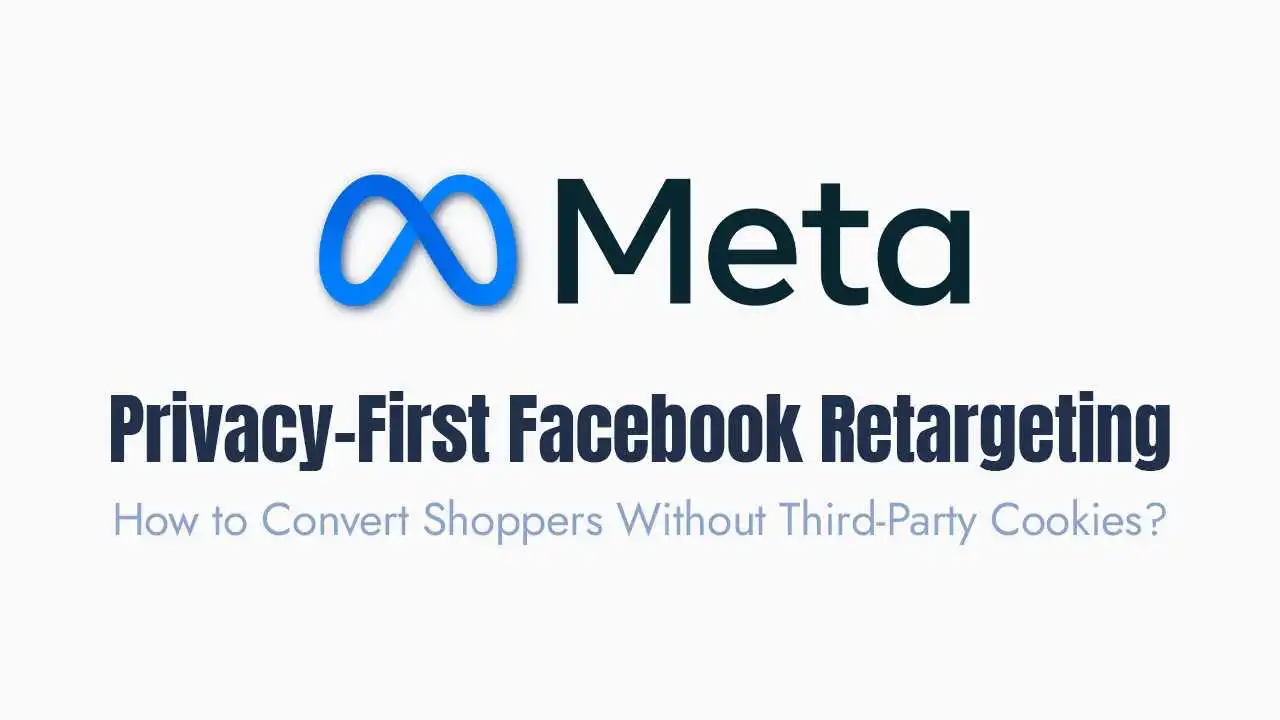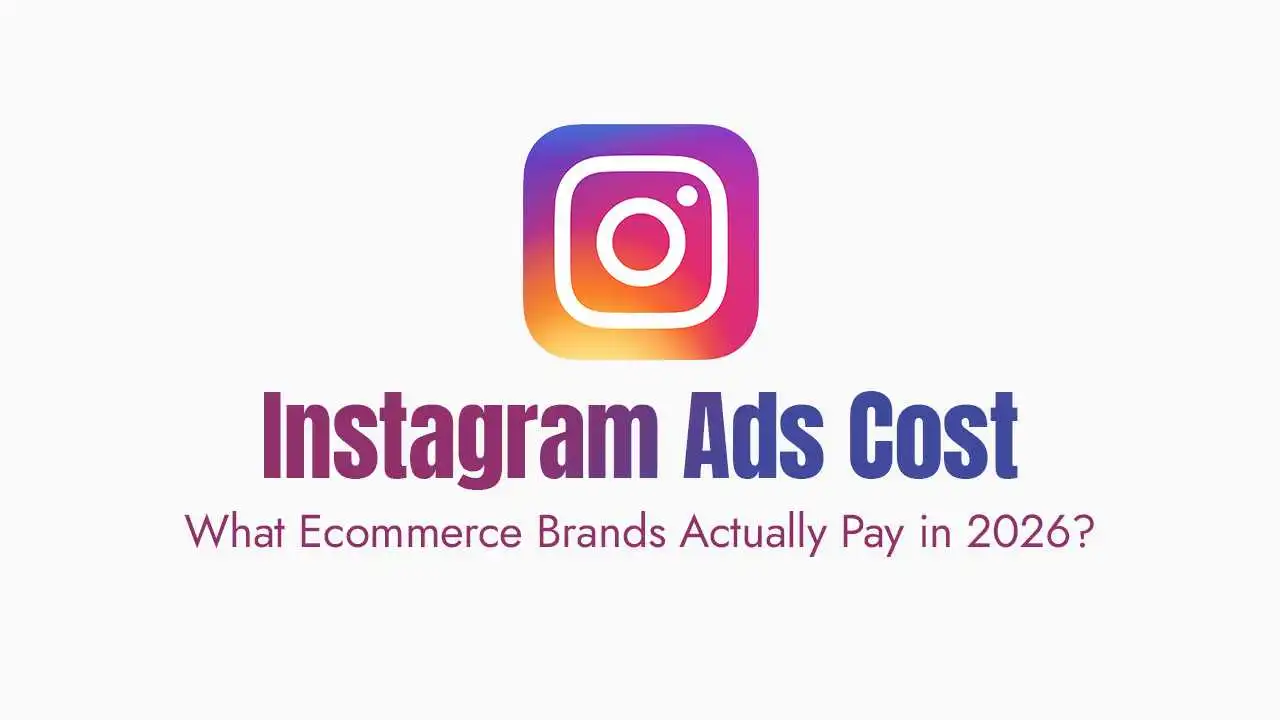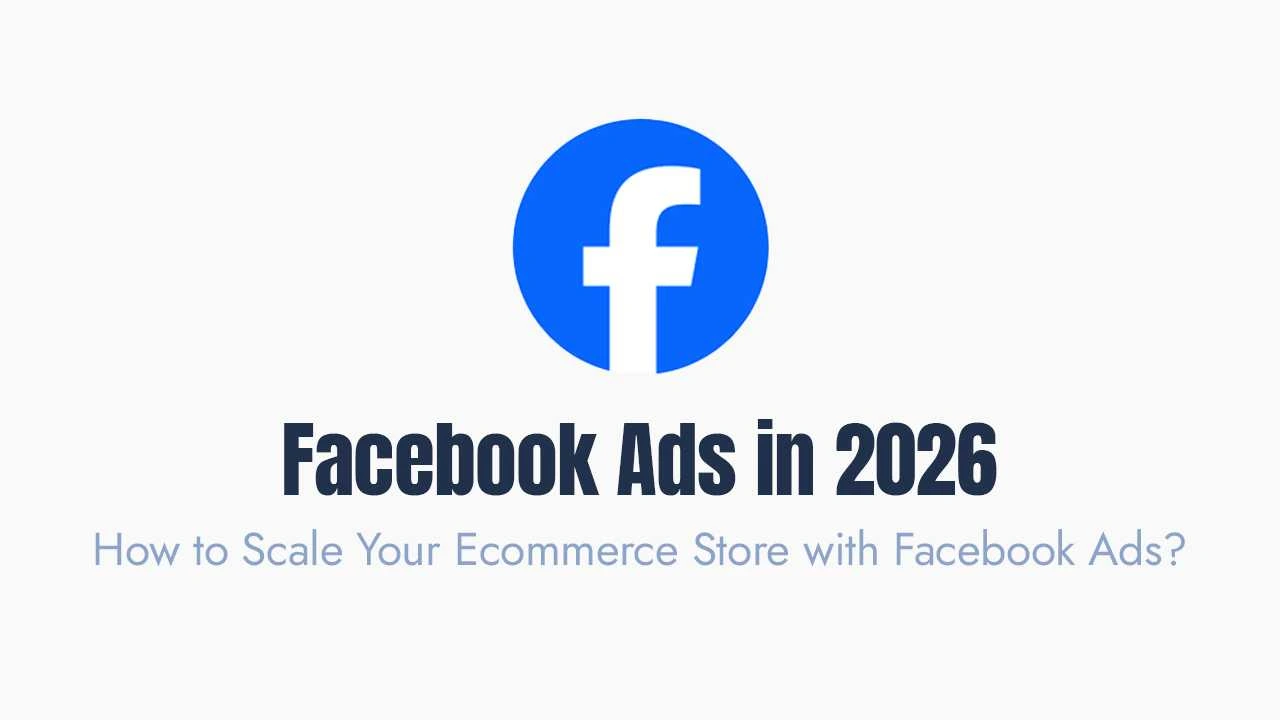These are items that are never allowed for sale on Marketplace. Listing them will almost certainly result in your post being removed and can lead to a ban on your account.
This is a zero-tolerance category. Listings for illegal drugs, prescription medications (even with a prescription), or drug-related paraphernalia are strictly forbidden. This includes everything from illegal substances to items used to grow, prepare, or consume them.
You cannot sell weapons, ammunition, or explosives of any kind. This includes firearms (real or replica), gun parts, ammunition, fireworks, and explosive materials. While some items like kitchen knives or tools are generally permitted, any item designed for combat or self-defense can be flagged.
You generally cannot sell live animals, including pets, livestock, or exotic animals. Specific animal parts like ivory, certain furs, or products from endangered species are also prohibited.
Listings for flammable, explosive, toxic, or radioactive materials are a major violation. This includes things like car batteries, certain chemicals, or cleaning products that are classified as hazardous.
The sale of most medical and healthcare products is strictly forbidden. This includes prescription drugs, contact lenses, medical devices (e.g., pacemakers), and even first aid kits. Anything that implies a medical treatment or diagnosis is likely to be removed.
You cannot sell sexually suggestive products or services on Marketplace. This includes sexual enhancement products, pornography, and any services of a sexual nature.
The sale of alcoholic beverages, tobacco products, e-cigarettes, and vaping products is strictly prohibited, regardless of local laws.
Listings for real money, counterfeit currency, or financial instruments (like bonds, stocks, or gift cards) are not allowed.
These items might be allowed under very specific circumstances or with certain disclaimers, but are often removed due to strict interpretation.
While some dietary supplements are allowed, you must be careful with your claims. Avoid making any promises about health benefits, miraculous weight loss, or “cures,” as these will almost certainly trigger a policy violation.
Event tickets are often permitted, but policies prohibit selling them at a price higher than face value. Scalping can lead to a quick removal of your listing.
Any product subject to a government or manufacturer recall is strictly prohibited. You cannot sell a recalled item, even if you state that it has been recalled in the description.
Beyond the item itself, how you list and sell it matters just as much. These violations often catch sellers off-guard.
Your listings must not express or imply a preference, limitation, or discrimination based on personal attributes such as race, ethnicity, religion, or gender.
Selling counterfeit goods or items that infringe on copyrights or trademarks (e.g., fake designer bags, unauthorized reproductions of artwork) is a serious offense. This can lead to account suspension.
Facebook wants transactions to start within its ecosystem. You should not attempt to redirect buyers to external websites or ask for direct payments outside of Messenger before any agreement is made.
Using sexually suggestive images, graphic violence, or anything deemed offensive is a violation. For used items, you must use your own photos of the actual item—not stock photos—to accurately represent its condition.






